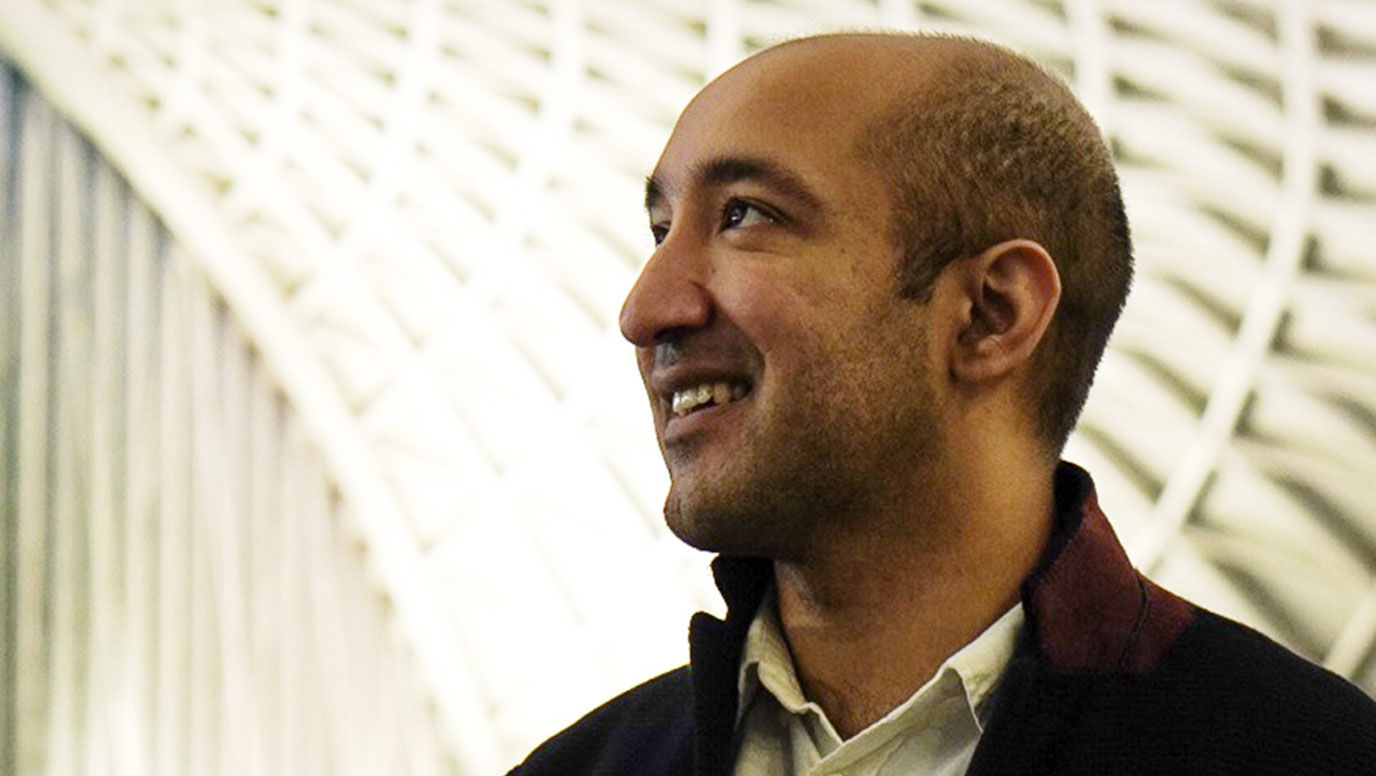Cambridge entrepreneur backed by Innovate UK to build the first worldwide learning web

“I am incredibly thankful to receive the funding and recognition from Innovate UK,” he said.
“Innovate UK has an incredible network with some of the brightest minds in business. To have our work recognised and championed by such a competitive scheme means so much to myself and my team.
“The mission behind the learning web is to be a system of record, an online home, for people's complete skill set. This will allow us to unlock dormant value in a person’s skills, just like Airbnb did with rooms in their homes and Uber with space in their cars.”
Piyush is building the venture on back of his lifelong passion for learning. He went to one of India's premier institutes of technology, IIT Delhi, where he pursued Maths and Computing and took courses in literature, language and philosophy.
During college, he became an accomplished national-level quizzer and was featured in televised quiz shows. He then won a scholarship to read Philosophy, Politics and Economics at University of Oxford where he studied from some of the leading academics under the tutorial system.
He said: “I find learning is most effective when it is social, especially when it feels conversational, relaxed, and informal. For example, an elderly Chinese lady from my neighbourhood taught me how to care for my plants.
“She was full of little tips and tricks like repurposing Tesco yogurt cups to contain roots and employing water-retaining threads to distribute optimal moisture levels. It was connecting, it fostered community and saved my plants from certain death.”
His drive to spread a culture of lifelong learning to the wider world led to idea for the learning web: “Why isn't there an online way to facilitate connection such as the one I had with the elderly lady from my neighbourhood? She likely has a plethora of skills and wisdom but there is no online visibility.”
Piyush's design of the learning web leverages his background in philosophy and goes beyond skills and learning. All online social networks like Facebook, Instagram, Linkedin, Twitter, TikTok, and Quora provide a way for people to find others and connect with them.
He says Facebook does this by representing a person through their friends and statuses, Instagram by their photos, Twitter by their microblogs, Quora by their QnA on topics they care about, and Linkedin by their education and professional history.
However, he contends that there is a very important aspect of social identity that all these platforms do not capture – the everyday skills that one has and that might be of use to others. And yet, in many ways, he believes that this is what being in a society is: “We band together as people because of the mutual advantage we gain from each other’s natural talents and learned skills.
“Every single person around us has skills to offer. These include their professional skills, the courses they learned in school and college, the language they speak, the recipes they can cook, the sports they play, the music they practice, the dances they dance, DIY and life skills, or any from the vast array the little know-hows one picks up over the course of their life.
“This aspect of a person’s identity is missing online. The learning web provides people a skill-based online identity that is unique, useful, and importantly, fundamental to identity in a social network.”
One of the core innovations behind the Learning Web is a social graph that has a skill-based identity and the student-teacher relationship as the edge of connection.
Piyush says: “More and more of our real-life relations and interactions have moved online but we contend that no existing social networks are designed to support learning and teaching and the connections that form through them. The student-teacher relationship as the force of long-lasting connection is not baked into any online network.”
For now, Cambridge Innovation Labs has built a prototype named Platonia. It provides users with demand and supply-based nudge features, a recommendation algorithm, a skill-based résumé and learning-based matchmaking referrals.
The product is designed for growth and has potential for virality built-in. It is in private beta, has been well received and has now won the award from Innovate UK.
The company is working with researchers and academics at the University of Cambridge to launch it in a scalable way. The Digitial Education Futures Initiative at the University of Cambridge is scheduled to showcase it this year.
Piyush adds: “In five to ten years, we imagine the learning web to be normalised as the primary way people learn, teach, connect, and spend their free time.
“It will empower anyone with experience and knowledge to share a class or monetise a skill. Every community will be a campus, every address a classroom and every person a student and teacher.”
Previously, the founder has developed and launched products for scientists and researchers in genomics at Wellcome Sanger Institute, for millions of Indian consumers at Jugnoo, and for financial institutions as part of the global markets division at big data analytics firm Opera Solutions. In 2021 he was endorsed by Tech Nation as an exceptional leader in digital technology.


